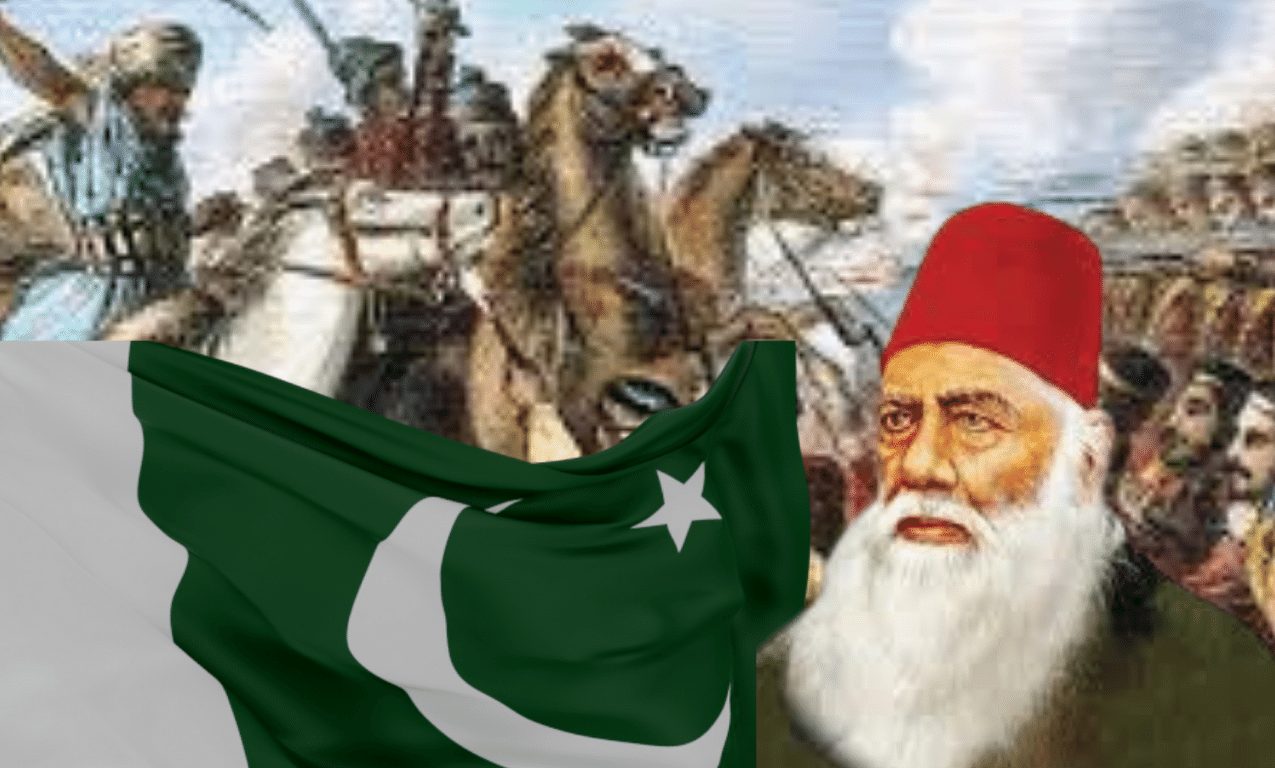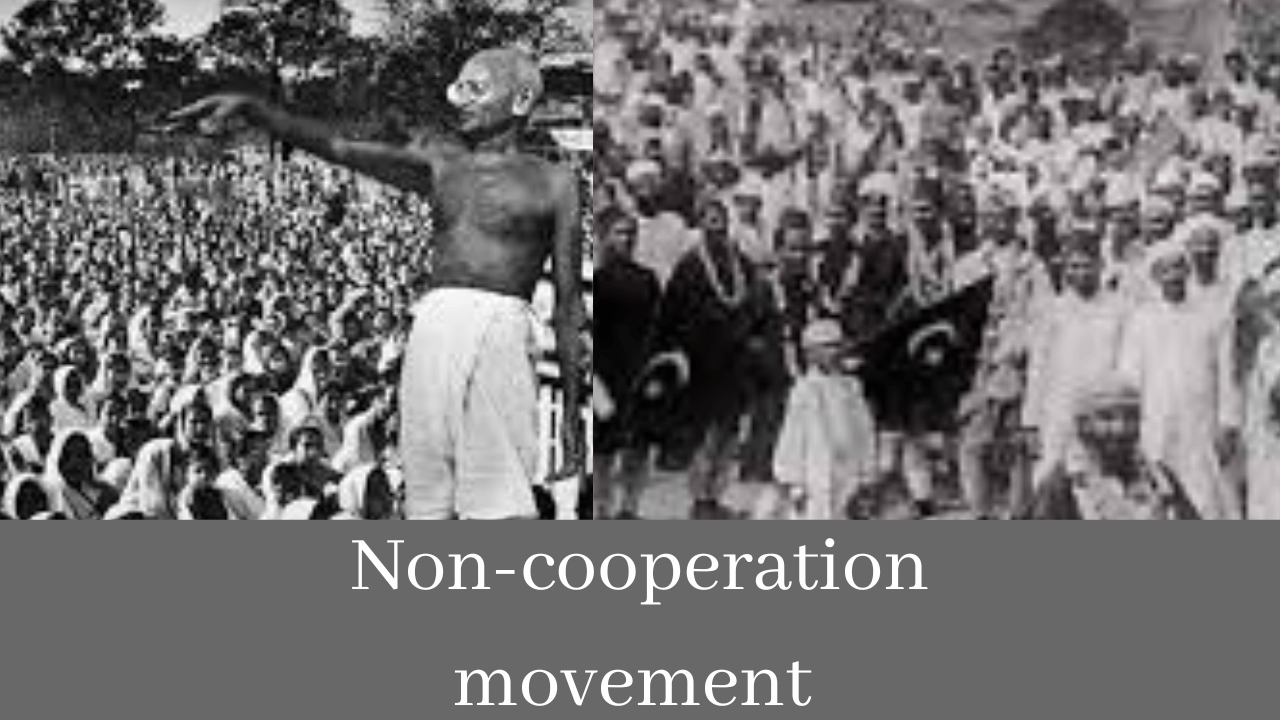India was undergoing a violent rebellion against the British East India Company in 1857. The Rebellion of 1857, as it is called in Indian history, was led by many Indian rulers, nobility, and peasants who were tired of British rule. Sir Syed Ahmad Khan was a key participant in the Rebellion of 1857. Muslim aristocrat Sir Syed was well-versed in both Indian and British affairs. He made use of this information to communicate with the British authorities and assist in planning the Rebellion. He was an influential Muslim politician in British India. He lived from 1817 until his death in 1898. He significantly contributed to the Indian Mutiny.
Sir Syed Ahmad Khan’s Stance on 1857 Rebellion
One of the most significant political figures in India during the 1857 Rebellion was Sir Syed Ahmad Khan. His parents have devoted Muslims, and Sir Syed was born in 1817. He had individual tutoring at home and developed an interest in science and math. Sir Syed disagreed with the 1857 Rebellion and thought that Muslims ought to serve in the British administration. In a booklet titled “The Reasons for the Indian Mutiny,” he made the argument that Muslims in India should not join the Rebellion. Sir Syed also helped create the “Muhammadan Anglo-Oriental College,” which became the “Aligarh Muslim University.”
Social Reform Movements of Sir Syed Ahmed Khan
In 1817, Sir Syed Ahmad Khan was born in Delhi. He was part of the Muslim nobility, and his family had a very important role in the Mughal Empire. However, after the British took over India, Sir Syed’s status and property were taken away from him. Sir Syed was a wise man who wanted to help his people. He started working on social reform movements, and he tried to get the Muslims to unite with the British. He also started a school where he taught young Muslims about science and Western philosophy.
However, Sir Syed’s ideas were not popular with everyone. Some people thought that he was too friendly with the British, and others thought that he was giving up Muslim traditions. In 1857, there was a rebellion against the British, and Sir Syed was arrested because of his ties to them. He spent two years in prison, but after he was released, he continued to work on social reform movements. Sir Syed Ahmad Khan was an important figure in Indian history, and his work helped to shape the country we have today.
Ways in Which Sir Syed Ahmad Khan Contributed Politically to the Rebellion
During the 1857 Rebellion, Sir Syed Ahmad Khan had a considerable political impact. He was successful in bringing together a sizable number of Indians and delivered several speeches that sparked patriotism and action. He also wrote extensively about the injustice and tyranny that Indians endured under British rule. Sir Syed Ahmad Khan was a “Pioneer” in drawing attention to the complaints of the Indian people and assisted in putting together a successful resistance movement to British rule. He was able to persuade many influential people in India who had previously been uninterested in the cause of Indian independence, and his efforts were crucial in winning the support of other Indian leaders.
However, his ability to unite Muslims and Hindus in a unified form against their rulers was his most significant accomplishment. He put a lot of effort into eradicating religious tensions between the two groups and urged them to cooperate against their common foe, British tyranny. His excellent efforts represented the first steps forward in building a unified India that could successfully fend off the British Empire.
Political Role of Sir Syed Ahmad Khan in the 1857 Rebellion and its Impacts
Sir Syed Ahmad Khan’s political involvement helped shape the events of the 1857 Rebellion. He was a powerful leader who offered the British administration numerous proposals, including collaboration, surrender, and allegiance. His theories were centered on the idea of “co-existence,” in which he advocated that members of both different faiths should coexist in harmony and accept one another’s convictions. To foster a sense of oneness among the populace, Sir Syed Ahmad Khan spread this notion.
He also supported social changes, including education and economic growth, as well as the freedom of women. His accomplishments brought him the attention of the British, particularly Lord Canning, the then Governor General, who named him a member of the Supreme Council for Awadh in 1859. The political contributions made by Sir Syed Ahmad Khan during the 1857 Rebellion had a lasting influence on Indian history and are still highly valued today. Even centuries after his departure, his support for human rights, racial peace, and educational reforms made him a modern Indian legend.
Conclusion
Finally, Sir Syed Ahmad Khan was a brilliant political theorist and had a significant impact on the 1857 Rebellion. In a period of extreme instability, he tried to bring about peace and harmony through his intellect and writing. Even though he did not always succeed, he is nevertheless regarded as one of the most significant individuals in Indian contemporary history.





2 Comments on “Sir Syed Ahmad Khan’s Political Role in India’s Freedom Struggle ”